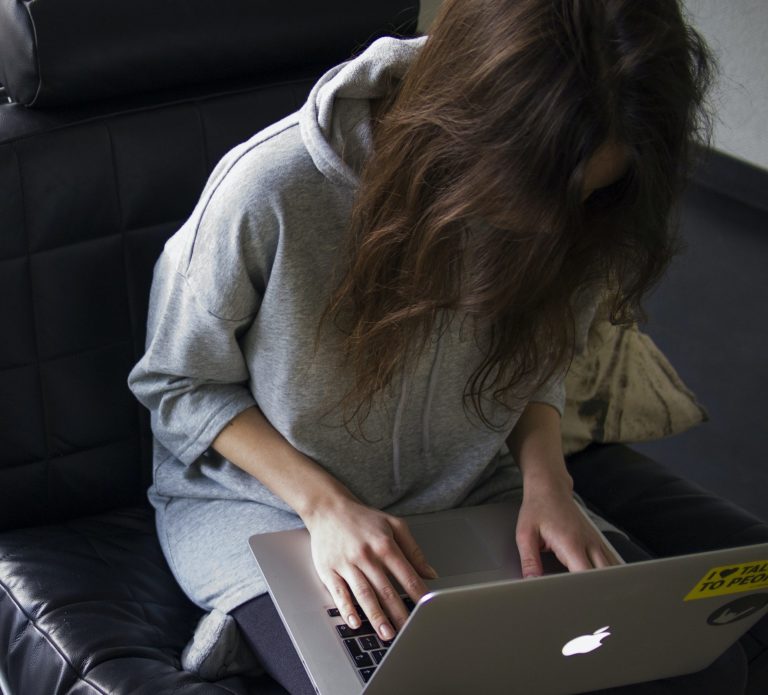
“Hey! It’s been so long! Let’s have coffee together. I’ll send you a link.”
Are you as tired as I am?
Tired of staring at the same walls?
Tired of that same kid show theme song? Virtual classrooms? Expectations from every direction?
Are you tired of staring at screens?
Not feeling alone is really important. But where those connections used to occur in an organic way—in line at the supermarket, at school drop-off or pick-up, at work, etc.—we now find ourselves in a situation where any contact with the outside world takes INTENTION.
Have you noticed that connecting with friends has become just another item on your never-ending to-do list?
Here is the thing—connection is really important. Not feeling alone is really important. But where those connections used to occur in an organic way—in line at the supermarket, at school drop-off or pick-up, at work, etc.—we now find ourselves in a situation where any contact with the outside world takes INTENTION. FOCUS. A LINK TO A ZOOM MEETING.
Did you feel like relaxing tonight? Enjoying a hot beverage (or perhaps an alcoholic beverage) with a close friend? Go for it! Just fire up that screen, click the link, and wait for the host to start the meeting. It’s all very calming, right?
According to the Cleveland Clinic, screen time keeps our minds psychologically engaged. That’s a good thing, but not when you’re winding down for the evening. Sleep disorders specialist, Harneet Walia, MD, explains that screen time will “engage your brain and [delay] sleep”—perhaps not something you truly want when you know you’ll need your sanity again in 8 short hours.
The blue light from the screen suppresses melatonin, the hormone responsible for the sleep-wake cycle. This effect can decrease your quality of sleep, leaving you more tired (translation: stressed out from the time your feet hit the floor in the morning).
But, of course, each coin has two sides. As much as technology is contributing to poor sleep, it’s also allowing us the opportunity to connect through a pandemic-caused global lockdown. Interpersonal connection is an essential piece of the human experience. Through our contact with others, we benefit from both emotional and physical blessings.
During a time when we can’t see each other in person, these social media platforms help us to connect—from Zoom groups to over 95 new Facebook groups dedicated to quarantine cooking to even more groups about home-based activities for the adult and/or child.
The blue light from the screen suppresses melatonin, the hormone responsible for the sleep-wake cycle. This effect can decrease your quality of sleep, leaving you more tired…
So, what’s the answer? How can we balance our need for that closeness and social support against the ill effects of technology?
By setting boundaries for yourself, you can reap the benefits and avoid the pitfalls of this new Zoom Culture without experiencing Zoom Fatigue:
- Know yourself. Rachelle Heinemann, LMHC, advises considering what recharges you, and conversely, what burns you out. Connecting through certain mediums, or connecting with certain people, can either leave you feeling recharged or deflated. Plan your virtual social schedule around these considerations.
- Connect in groups for maximum social exposure…unless that burns you out. See #1.
- Turn off all technology at least 1 hour prior to going to bed.
- Take a night off. You are not obligated to connect on a constant basis. You can take some time for yourself. Yes, even now. Especially now.
- Building on #4, set some tech-boundaries for yourself. If left unchecked, many people would feel the pull of social media on a constant basis. Create a schedule for yourself, including times where you are disconnected from those not in your immediate circle. You do not have to answer every notification within 5 minutes. Or 20. Or 2 hours. Constant connection can lead to anxiety.
- Dance parties. These are usually a good idea anyway, but I’ll explain: We often look to social media and technology in order to get a dopamine hit—that subtle, lovely feeling which occurs when someone “likes” or comments on a post. We get that tiny rush any time someone reaches out for connection with us. This, along with the lack of in-person connection due to the pandemic, can have us rushing to the phone every time it dings or vibrates (whether it’s a real notification or merely a phantom alert). Instead, seek that dopamine rush in different ways: dance parties, meditation, eating something delicious, drawing or coloring, exercising, listening to music, making music, or taking a nap.
- Get some super fancy computer glasses. Sometimes we just really need that connection. Getting a pair of blue light blocking computer glasses can help. And it might give your Zoom buddies something to laugh about too.
Stay healthy and sane out there.
This crazy time will eventually be in the rear-view mirror. Hopefully soon.